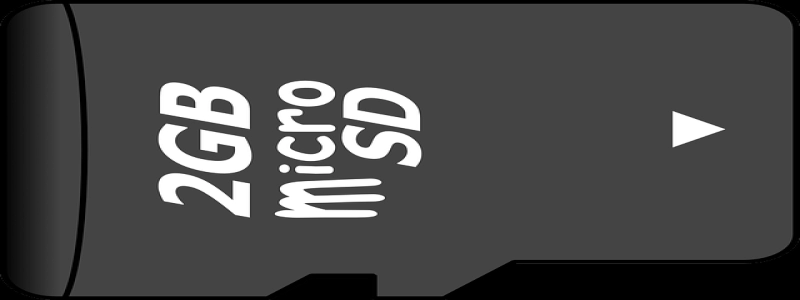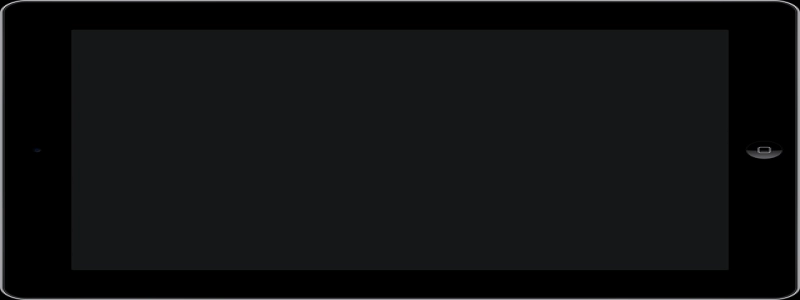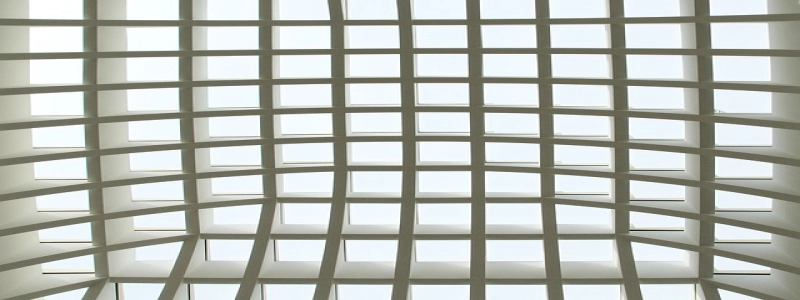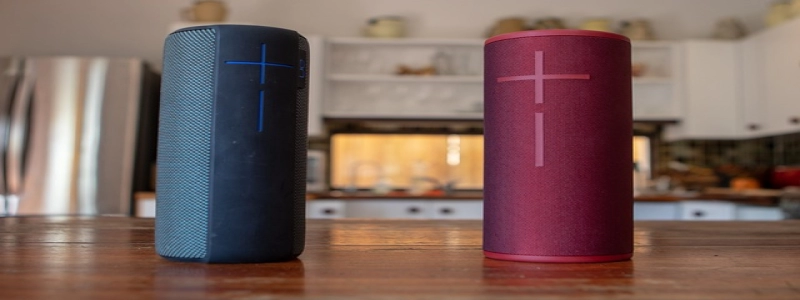Troubleshooting Fiber Optic Cable
介紹:
Fiber optic cables play a critical role in modern telecommunications and internet infrastructure. They are used to transmit vast amounts of data over long distances. 然而, like any technology, fiber optic cables can sometimes experience issues that can disrupt the flow of communication. 在本文中, we will explore the troubleshooting process for fiber optic cables to identify and rectify any potential problems.
我. Common Fiber Optic Cable Issues:
1. Signal Loss:
– 描述: Signal loss occurs when the strength of the light signal diminishes as it travels through the fiber optic cable.
– Possible Causes: Bent or damaged cables, dirty connectors, high-power signals, or faulty splices can all contribute to signal loss.
– Troubleshooting Steps: Start by checking the connectors for dirt or damage. Clean connectors using a lint-free cloth and ensure they are properly aligned. Inspect the cable for any bends or breaks and replace if necessary. If the issue persists, reevaluate the light source and any splices made along the cable.
2. Attenuation:
– 描述: Attenuation refers to the reduction in signal strength over distance.
– Possible Causes: Poorly installed connectors, excessive cable length, or inferior quality fiber optic cable can contribute to attenuation.
– Troubleshooting Steps: Inspect connectors and ensure they are securely attached. Check the cable length against industry standards and consider using signal amplifiers if necessary. Replace any low-quality cables with higher-grade options to reduce attenuation.
3. Modal Dispersion:
– 描述: Modal dispersion occurs when signals of various modes travel at different speeds and arrive at different times.
– Possible Causes: Mismatched fiber optic connectors, incorrect cable installation, or incompatible equipment can cause modal dispersion.
– Troubleshooting Steps: Verify that the connectors and cable types being used are compatible. Check the cable installation to ensure it meets the required specifications. If the issue persists, consult the equipment manufacturer for compatibility issues and potential solutions.
二. Advanced Troubleshooting Techniques:
1. OTDR Testing:
– 描述: Optical Time Domain Reflectometer (OTDR) testing is a technique used to locate faults and measure fiber optic cable attenuation.
– Possible Uses: OTDR testing can help identify breaks, bends, or other physical issues in the fiber optic cable.
– Troubleshooting Steps: Connect the OTDR device to the monitored fiber optic cable. Run the test and analyze the results for any irregularities or abnormalities. Use the data obtained to pinpoint the location of the fault and take appropriate action.
2. Optical Power Meter Testing:
– 描述: Optical power meter testing is used to measure the power loss in the fiber optic cable.
– Possible Uses: This testing method helps identify if the signal loss is within acceptable limits.
– Troubleshooting Steps: Connect the optical power meter to the fiber optic cable. Measure the power loss at different points along the cable and compare it to the acceptable limits specified for the system. If the power loss exceeds the limits, investigate the cause and take corrective measures accordingly.
結論:
Troubleshooting fiber optic cables requires a systematic approach to identify and resolve issues. By understanding the common problems associated with these cables and utilizing advanced techniques like OTDR testing and optical power meter testing, network operators can effectively diagnose and rectify any problems. Regular maintenance, proper installation, and adherence to industry standards are essential for maintaining the reliability and performance of fiber optic cables in today’s interconnected world.








